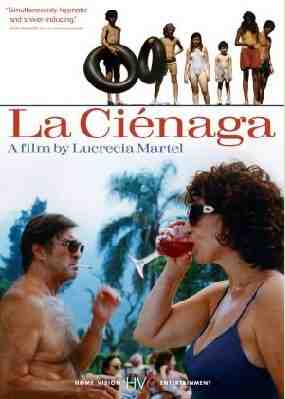Kramasha(2006)

Director: Amit Dutta
Country: India
Language: Hindi
A village sleeps in the wee hours of the morning. A half asleep, half awake boy has dreams about an ascetic in a black coat, hallucinatory images of his village touching upon the history of the place, his ancestors and his childhood.
At the first viewing, Dutta's film may come across as pure visuals. He uses a vast array of visual techniques like constant change in focus, oscillatory camera shots, frequent jump cuts, almost obscene bird's eye view shots and such. His camera meanders through the village, exploring historical sites, ruins and the greenery in search of untold stories, often using walls, pillars, windows and other such structures as lenses. The colors are so lush that one can almost feel them, smear their hands in them.
But on successive viewings, if one can manage to see beyond the images, only then does the film become totally comprehendible. After all what are only images without the sounds associated, without the stories behind them? History and images cannot exist without each other. As the boy's dreams go on from being weird to weirder, the narration helps us connect the history of the village to the numerous mythological and folklore references. The film's defining moment comes when camera moves up a building, overlooking dark windows, sterile walls, which look like hiding stories of their own, to the terrace where an old man sleeps and we hear the narrator saying "Father once told me about all this in detail. In my conscious state, I find all these tales nonsensical. Only in my dreams are their meanings truly understood." This film is all about the parallel between history and dreams. Because, as the narrator reallizes, all history is but a dream as we see it and put the pieces together in our subconscious.
This would be my most favorite Indian film for some time now.






